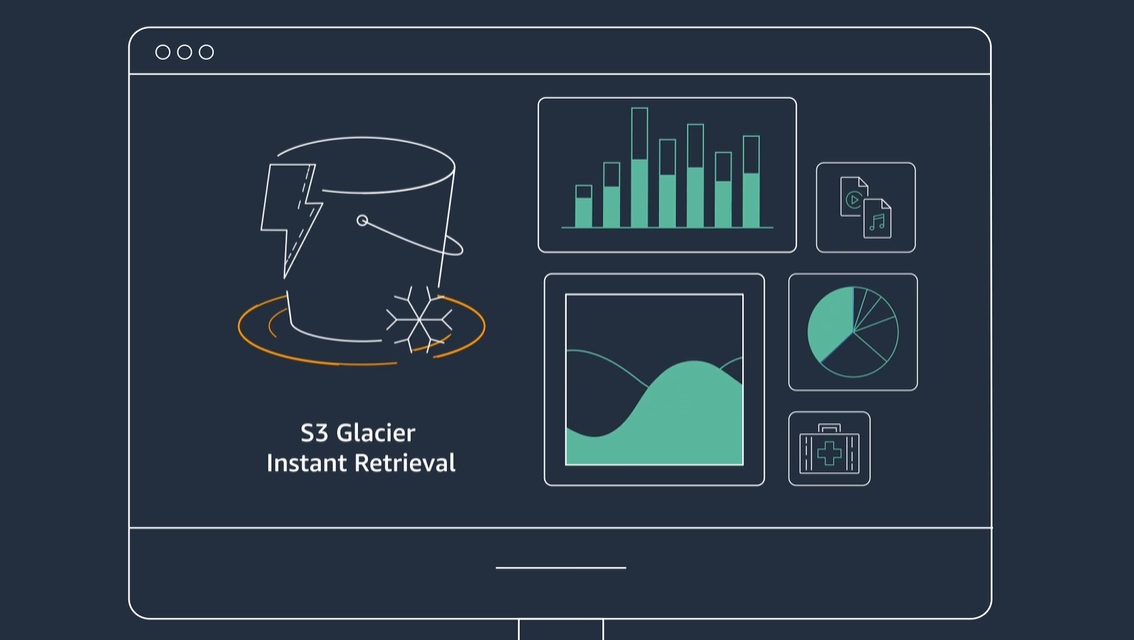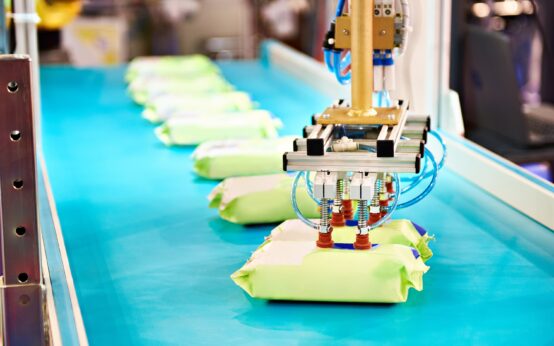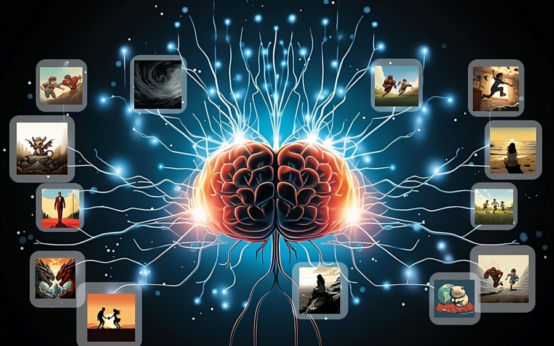In today’s digital age, our reliance on technology permeates every facet of our lives. In essence, the immediate access to information Retrieval means we no longer need to retain vast amounts of data From smartphones that keep track of our appointments to GPS systems that navigate for us, it’s clear that technology serves as a modern-day external brain. But this begs the question: is our dependence on tech gadgets affecting the way our memory works? Is technology making our memory worse?
The Digital Dependency
We’re in an era where it’s common to Google a fact rather than trying to recall it, or to rely on Facebook to remind us of a friend’s birthday. It is according to Dr. Betsy Sparrow, a leading researcher, that people tend to forget information if they believe it can be found easily at a later time, as with a search engine.
Cognitive Offloading
In the digital age, cognitive offloading has certainly accelerated its prevalence, a phenomenon called ’cognitive offloading’ that occurs when we rely on external tools rather than our brains to store information. The past may have offloaded our cognitive processes onto paper, but with the advent of technology today, we are able to do it to a whole new level.
Cognitive offloading has its advantages. The benefits include releasing mental resources and helping us focus on other things. But there are also pitfalls. Similarly to how muscles weaken when they aren’t exercised, overdependence on technology tools can result in atrophy in certain cognitive skills.
The GPS Effect
We use GPS systems in our cars and on our phones, for example. Although they’re extremely convenient, studies have shown that excessive reliance on GPS can impair our natural navigation abilities. This reliance on technology also raises concerns about the potential loss of skills, similar to the impact of ‘Patient-Centric Care in Medicine,’ which can sometimes overshadow traditional patient-doctor relationships.
Following turn-by-turn directions leads us to become less engaged with our surroundings, which prevents us from developing a cognitive map of our surroundings.
The Positive Flip Side
It’s not all doom and gloom, though. Other research argues that while we might be outsourcing some aspects of our memory, we’re enhancing others. Instead of remembering raw data, we’re becoming better at remembering where to find it. This ‘transactive memory’ is a shared system of remembering where one person relies on another to remember certain information. Now, our devices serve as that other “person”.
Furthermore, our memories have never been solely about rote recall. Memory also involves understanding, interpreting, and applying information. In that sense, technology can enhance our memory by providing diverse perspectives, interactive content, and real-time feedback.
Balancing Technology and Memory
Like any tool, the key is to use technology in a balanced manner. Here are a few tips to maintain a healthy relationship with tech and ensure it’s not hampering your memory:
Mindful Browsing: Instead of mindlessly scrolling through social media or web pages, engage actively with the content. Ask questions, make connections, and try to recall what you’ve learned later.
Tech Breaks: Designate times in your day when you’ll be tech-free. This can help your brain reset and reduce the constant cognitive offloading.
Traditional Navigation: Every once in a while, ditch the GPS. Try navigating using landmarks or a physical map. It can be a fun challenge and will exercise your spatial memory.
Active Learning: Use technology as a tool for active learning. Engage with educational apps, take online courses, or use tech to collaborate with others on projects.
Conclusion
While there are legitimate concerns about the impact of technology on our memory, it’s important to remember that humans have always adapted to technological advances throughout history. Information is processed and remembered differently today thanks to the printing press, the telephone, and the internet.
There is no doubt that technology changes our memories; it does not necessarily make them “worse”. It is important to understand this shift, embrace its benefits, and be aware of its risks. Keeping our cognitive abilities sharp in the digital age requires actively engaging with technology and using it as a tool rather than a crutch.

 Robotics Efficiency: Optimal Object Packing
Robotics Efficiency: Optimal Object Packing  Daron Acemoglu Wins A.SK Social Science Award
Daron Acemoglu Wins A.SK Social Science Award  AI Learning: The Power of Synthetic Imagery
AI Learning: The Power of Synthetic Imagery  Machine Learning’s Role in Perfecting 3D Printing
Machine Learning’s Role in Perfecting 3D Printing  Expert Insights on 2047’s Semiconductor Horizon
Expert Insights on 2047’s Semiconductor Horizon  Desalination’s Triumph Over Batteries
Desalination’s Triumph Over Batteries